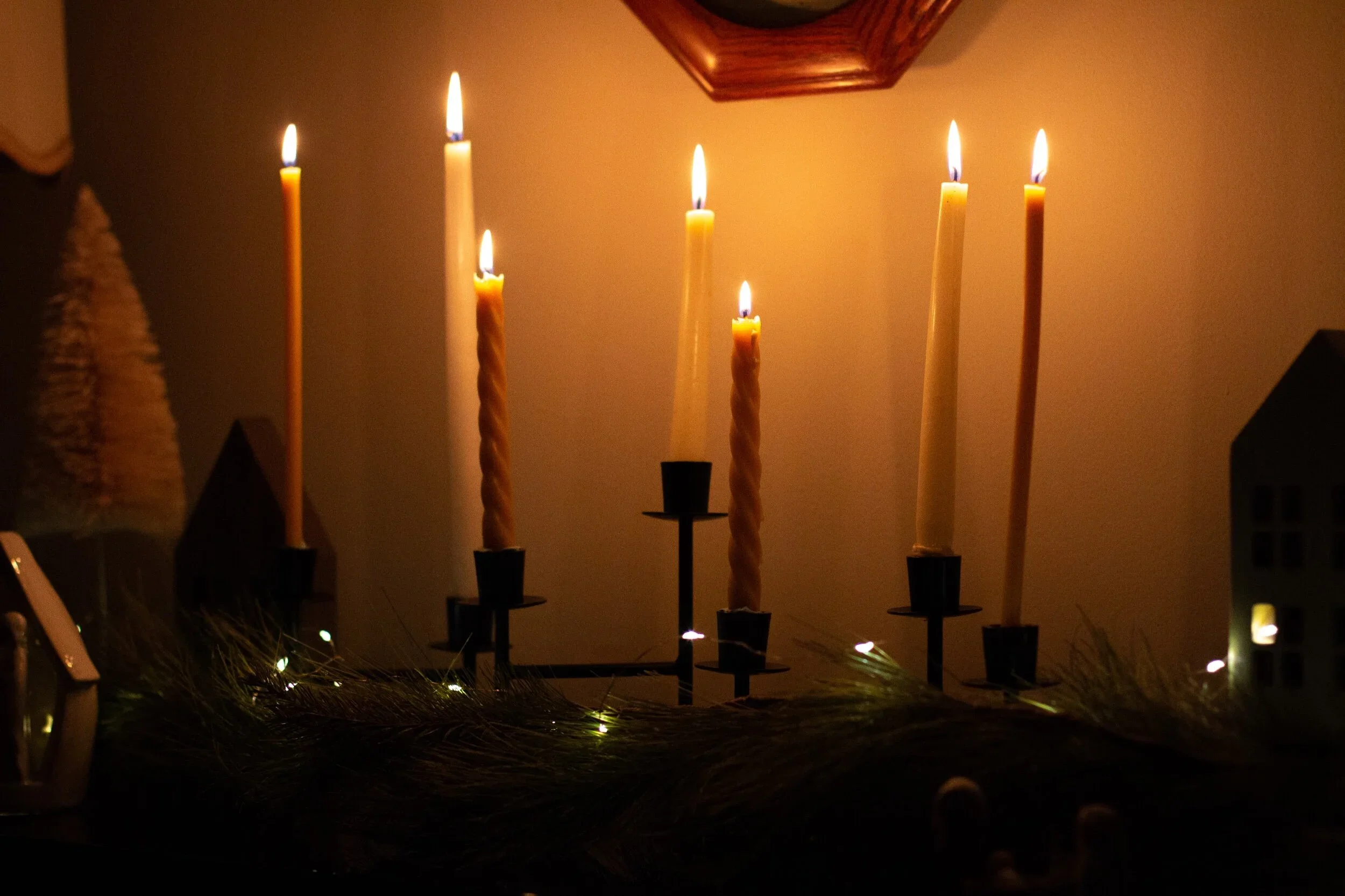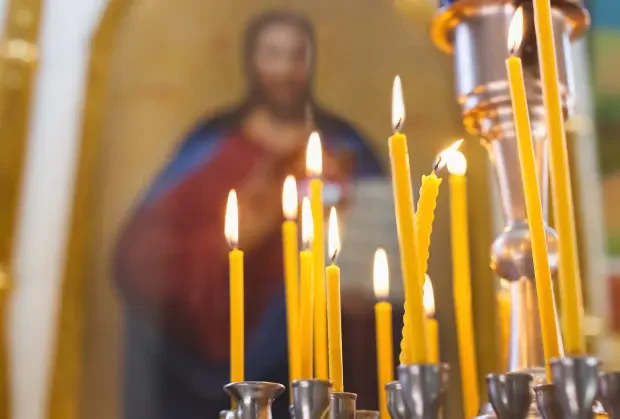"O Lord, How Shall I Meet You" is a perfect Lutheran hymn for the weeks before Christmas, but shoppers will never hear it between Muzak versions of "Jingle Bells" and "White Christmas" in their local malls.
The key is that "O Lord, How Shall I Meet You" is from the penitential season of Advent, said Pastor Will Weedon. That's the four weeks preceding Christmas in liturgical calendars for Catholics, Lutherans and others in Western Christianity.
The Christmas connection is clear, stressed Weedon, with lines such as: "O Lord, how shall I meet You / How welcome You aright? /Your people long to greet You / My hope, my heart's delight! / O kindle, Lord most holy / Your lamp within my breast / To do in spirit lowly / All that may please You best."
The hymn contains this confession: "I lay in fetters, groaning / You came to set me free / I stood, my shame bemoaning / You came to honor me."
"We need to hear this as we prepare for Christmas," said Weedon, former director of worship and chaplain for the Lutheran Church-Missouri Synod. "Advent hymns have about them a sense of dissatisfaction with our lives in this world. …
"We have a mess on our hands, some of it of our own making, and we're praying for Christ to come and save us," he said, reached by telephone. That message "doesn't work at Walmart, where Christmas starts at Halloween. Our culture doesn't understand the idea of fasting before feasting. We are urged to party and feast all the time."
Collections of Christmas music often include a few popular Advent hymns sung in Protestant services and even in Christmas parties, such as "Joy to the World," "It Came Upon a Midnight Clear" and, especially, "O Come, O Come Emmanuel." Many Catholic Advent hymns focus on the role of Mary, the mother of Jesus, such as "Rorate Caeli (Drop down, ye Heavens."










